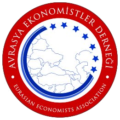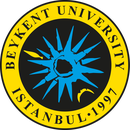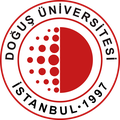
International Conference on Eurasian Economies
24-25 August 2021 – Istanbul, TURKEY and ONLINE
Paper properties
Paper ID : 2573
Status : Paper submitted to journal
Language : Turkish
Topic : Labor Economics and Migration
Presenter: Asst. Prof. Dr. Gülşen Sarı Gerşil
Session : 4B İstihdam
Reflections of COVID-19 Crisis on Working Life: Remote Work
COVID-19 Kriz Sürecinin Çalışma Hayatına Yansımaları: Uzaktan Çalışma
- Asst. Prof. Dr. Gülşen Sarı Gerşil (Celal Bayar University, Türkiye)
Abstract
The Covid-19 epidemic started in March 2020, leading to the most important economic and social crisis of the world today. The Covid-19 crisis has completely isolated people and caused the social life and working styles to evolve. With the crisis, many office workers, especially the qualified workforce working in the service sector, started working remotely. In this context, businesses saw the potential advantages of working in a virtual environment and quickly turned to new working strategies. There are many studies on remote work in literature reviews. However, the point to be considered here is that the rapid development of virtual organizations has brought some problems in the implementation of remote work. In this context, legal regulations for remote workers need to be made in more detail. It is thought that the problems related to social security, wages and working conditions will contribute to the literature with their determination and suggestions. In the context of these explanations, new concepts and perspectives on remote work are examined, and the advantages and disadvantages of working remotely in terms of current conditions are discussed. In addition, remote working styles in Turkey and in the world are compared with statistical data. As a result, during the Covid-19 crisis, the rapid development of virtual organizations and the transition of office workers to remote work has become increasingly important and has taken place in business life with a common application area.
JEL codes: J20, J21, J23



